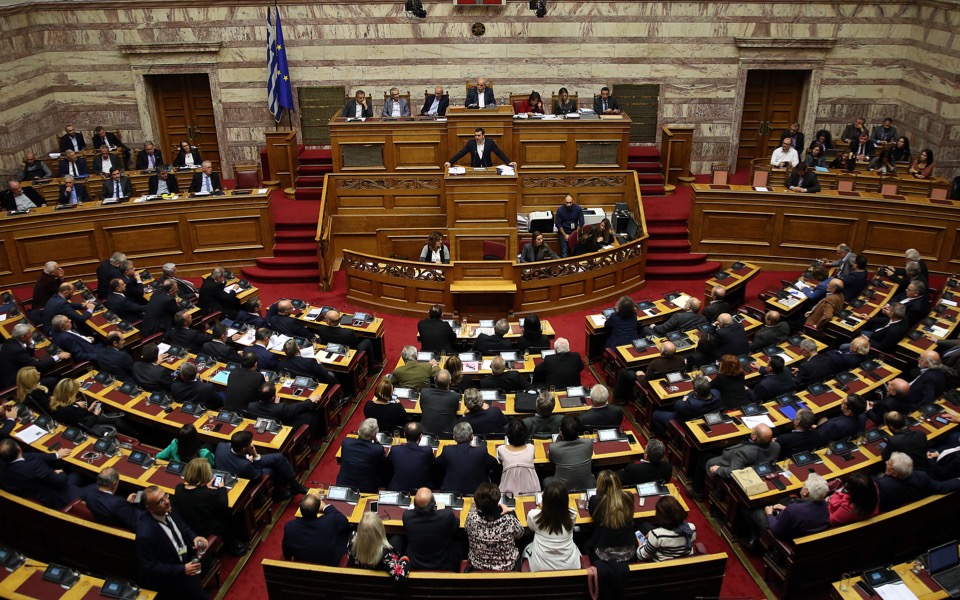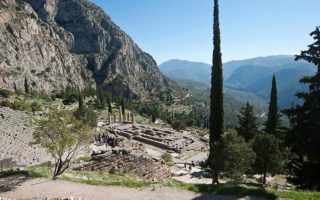A truly national development plan with contributions from all

The government has drawn up a national growth plan in an effort to deal with the “day after,” following the Greek economy’s great contraction and the wounds inflicted on many segments of society due to the crisis. For years the Europeans and the International Monetary Fund urged Greek governments, parties and citizens to take ownership of the changes and structural reforms the country needs. Finally, a plan has been tabled.
However, what the country needed was a “national” rather than a party plan. One would have thought that the political system – and in this case primarily the government – had learned from past mistakes and understood the need for a serious, long-term plan, with truly national characteristics. In other words, that the government would have dared to overcome its ideological obsessions and be guided by the national interest that requires continuation and forward-looking planning that extends beyond one party or person.
And, on the other hand, one would have also thought that the opposition would have responded positively and that the two sides would exchange ideas and arrive at an understanding on some basic points. The opposition parties should have done that for their own benefit as they hope to be in power when the growth plan is implemented.
From an economic point of view, it would have been much better if the government had submitted a preliminary plan to Parliament for debate before presenting it to the international institutions, so that other parties could have had the opportunity to contribute to its final form. Only then would the plan be truly national, and therefore be seen by the markets as long-term and growth-oriented.
It would have been good if the parties – at least the three main ones (SYRIZA, New Democracy and Movement for Change) – had discussed it, considering that, despite their ideological differences and their vocal confrontations, they are the ones that one way or another will lead the country to the “next day,” after the end of the bailout. The result of the next elections will force at least two of them to work together, in order to secure a parliamentary majority and rule the country.
Was it really too difficult to hold the necessary consultations? Some basic principles surely could have been agreed on. Through such a growth plan, the country could have radiated a sense of continuity and consistency toward its partners and investors, which would benefit the Greek economy, whichever party were in power.





